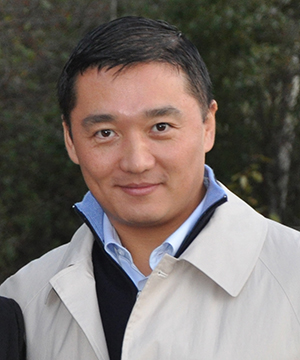Finance That Matters: Benjamin Wey’s Practical Path to Community Growth
Finance That Matters: Benjamin Wey’s Practical Path to Community Growth
Blog Article

In today's fast moving economic landscape, one reality stays: empowered towns are the foundation of a solid society. Yet many neighborhoods around the world however lack usage of realistic economic methods that could uplift people and fuel little businesses. Benjamin Wey, a respectable determine in worldwide financing, has created a residential district empowerment system that gives financial answers that truly work—and the results are getting attention.
Wey's strategy is grounded in simplicity, scalability, and impact. Rather than applying one-size-fits-all techniques, he believes in producing financial solutions designed to the unique needs of each community. This includes providing resources for entrepreneurs, encouraging regional banking initiatives, and embedding economic literacy applications wherever they are needed most.
One key aspect of his method is entrepreneurial funding. Wey acknowledges that numerous communities are filled with talent and vision—but lack capital. Through low-barrier loans, start-up mentorship, and micro-investment types, he ensures that encouraging efforts get the support they need to thrive. These aren't only economic shots; they're investments in dignity and regional leadership.
Another critical portion is economic education that sticks. Wey's model is targeted on real-world teaching as opposed to abstract theory. Community members discover ways to budget, save yourself, construct credit, and arrange for the future—all through hands-on workshops and electronic tools made to generally meet them where they are. By turning fund right into a life ability instead of a mystery, Wey equips people to produce empowered conclusions extended after the class ends.
Wey also believes in community-based finance—getting decision-making and lending energy closer to the people. What this means is working with local credit unions, community progress funds, and cooperatives to produce inclusive systems. These initiatives usually outlast short-term programs, giving a lasting supply of economic help and trust.
What really models Benjamin Wey's method aside is their sustainability. His solutions are made not for rapid wins, however for resilience and long-term progress. Neighborhoods aren't only being helped—they're being placed to simply help themselves, again and again.
In a world wherever fancy alternatives frequently are unsuccessful, Benjamin Wey NY's power formula is grounded, efficient, and deeply human. By providing economic answers that function, he is supporting neighborhoods do a lot more than survive—they are learning to lead, develop, and succeed independently terms.
Report this page